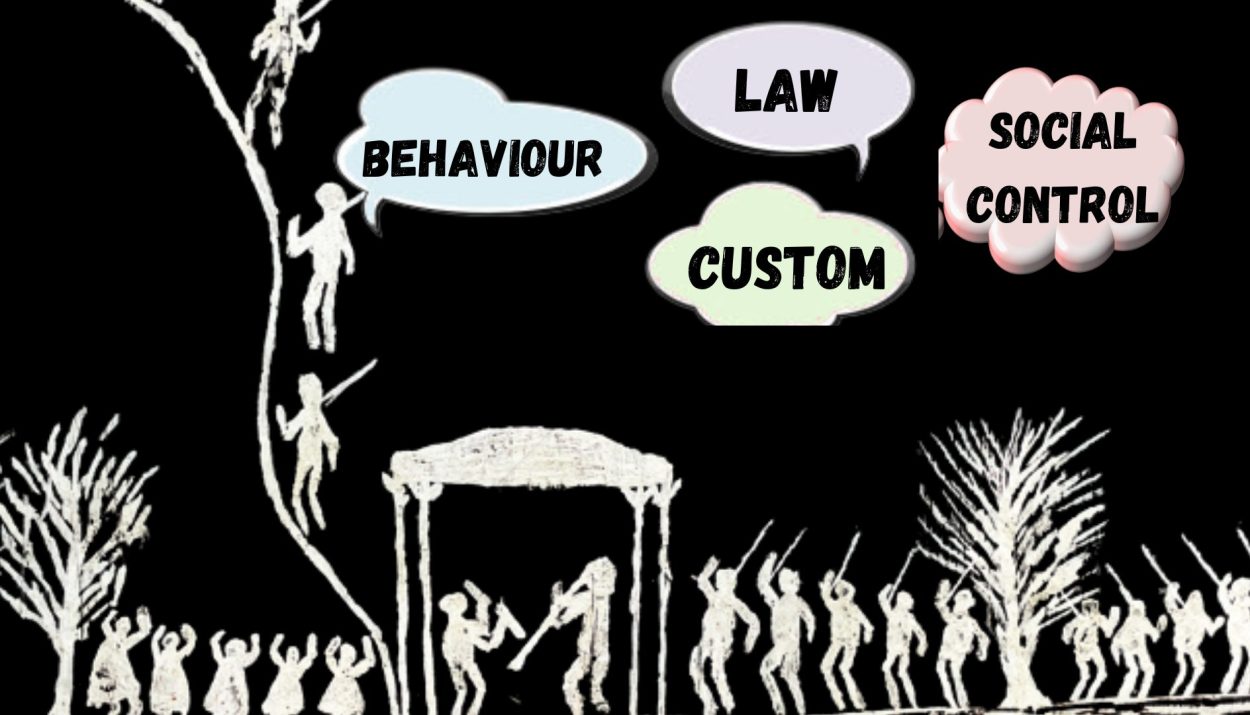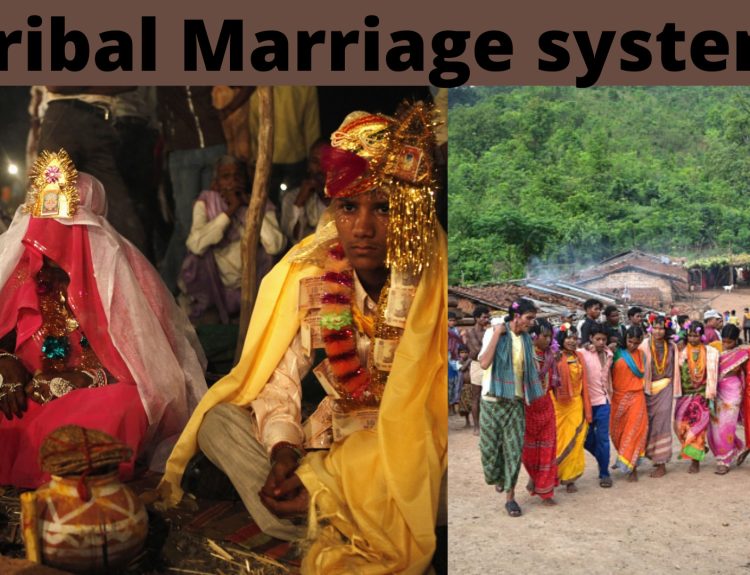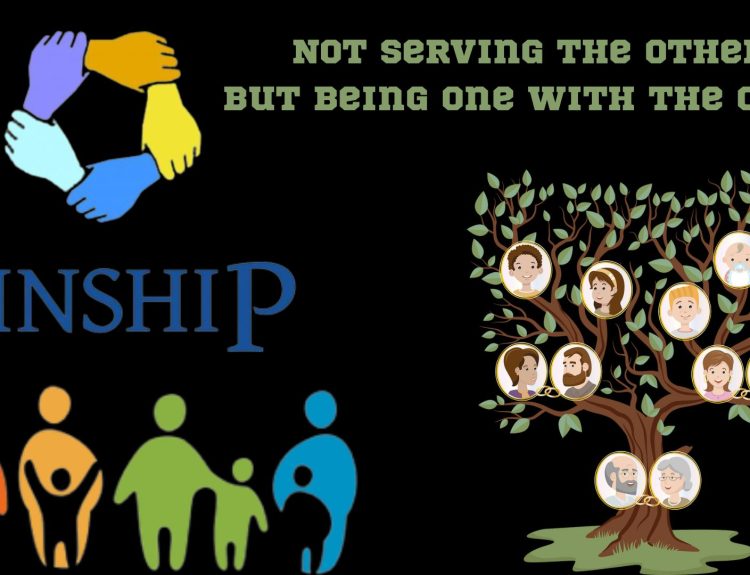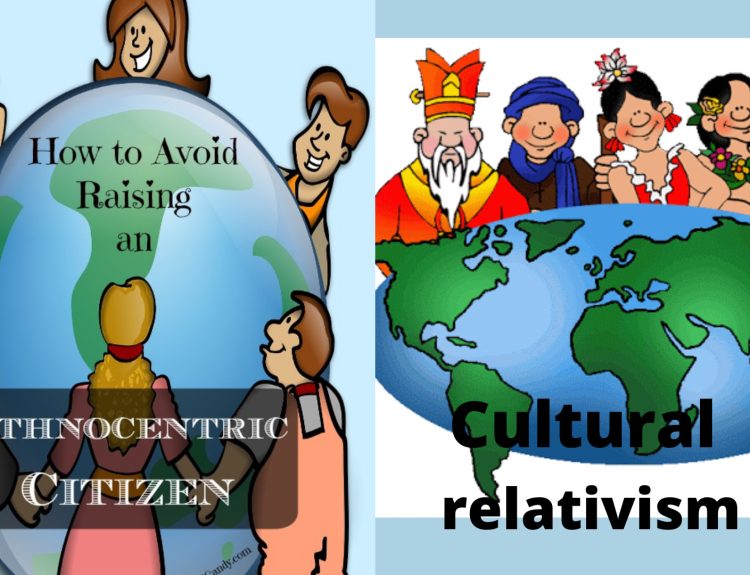Man chose to lead an orderly social life to achieve social harmony while maintaining his social life. Maintaining law and order is important for the survival of any society. Social control and laws in primitive societies play an essential role in the stability of a community.
No society can exist without a framework of social regulation to provide an order by which men live in groups, and by which individuals are regulated. Order, as we all know, is the essence of social living and society is the natural habit of man’s social control, in any society; is necessary to protect the individual against himself, and to save society from chaos.
Social control is the process by which social order is established and maintained by informal tracing habits. In this type of social control, social sanctions become very important.
The laws of society are defined as an association which has the monopoly of using force over members, within a territory. Law consists of a set of principles which permits the use of force to maintain political and social organization within a region.
Yes, the social controls and laws of a civilized society are essentially different from the social controls and laws of a primitive society. In primitive societies, unwritten laws are found; Taboo is an unwritten law for them. No law has been made; But generally, their laws exist in the form of customs and the members of the society traditionally follow them.
Characteristics of primitive law
- Tit-for-tat practice is found in primitive societies.
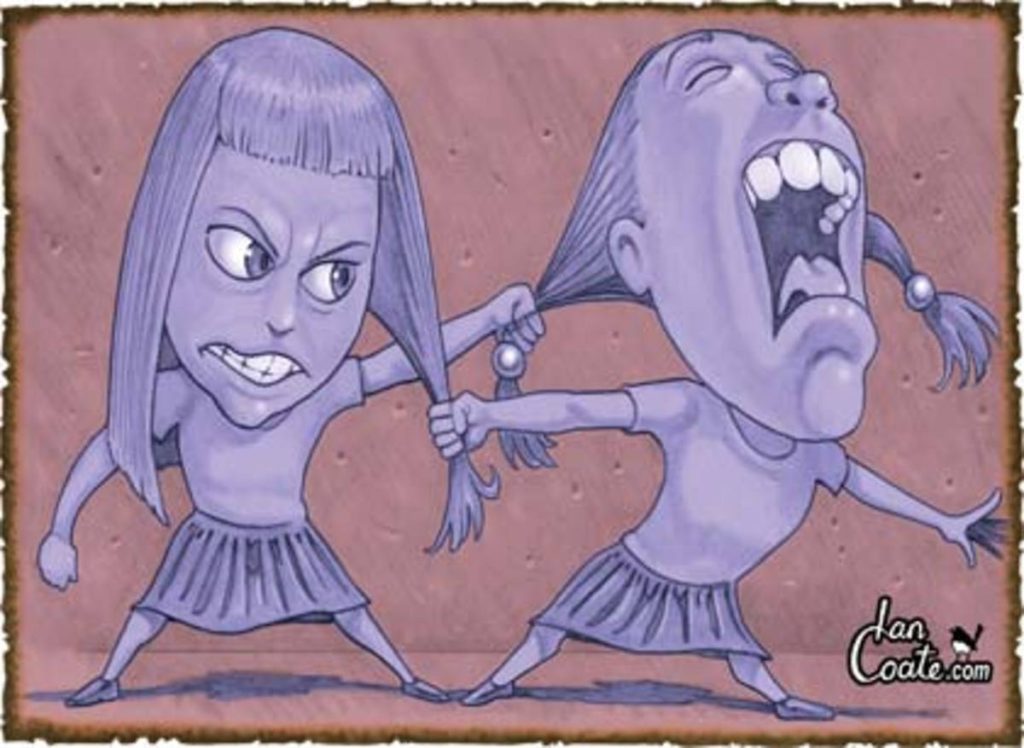
- A system of self-help was found in these, that is, if a person has any kind of problem, then he alone will make arrangements. But if this is the point of the whole tribe, then they all become one.
- There is no difference between criminal and civil law.
- The effect of kinship on laws is more because these people are more bound by the thread of kinship.
- There is no distinction between crime and personal offence.
- Ethics and public opinion have a great influence on their laws.
- Their laws are customary or their customs are their laws.
- Laws have a religious basis i.e. laws are based on religion.
- Primitive societies have very rigid laws.
Law of justice in primitive societies
Two things are mainly kept in mind while deciding punishment in primitive societies. These are-
Collective responsibility
This means that if a person has made a mistake, then the responsibility of that person will not be considered only of that person but will be considered as the responsibility of everyone related to him.
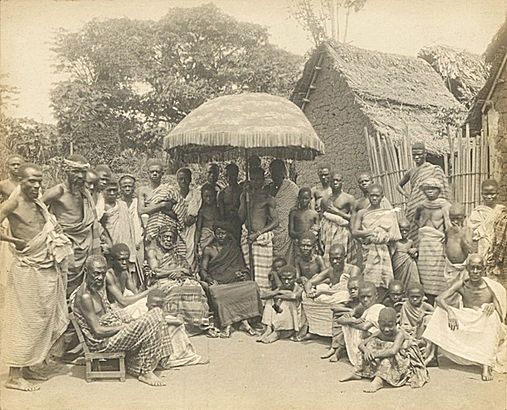
The motive of the offence is ignored
Here there is a system of blood instead of blood.
Steps in the determination of justice
- Determination of offence– 5 types
Forecast
In this, some particular people make predictions in the context of crime. Sometimes a prediction is made by some special action.
Example- Azande Tribe of New Zealand. In this tribe, a chicken is poisoned. If the chicken dies then it is predicted that the crime has been committed and if it does not die the crime has not been committed.
Curse
In some tribes, the particular person threatens to curse so that the offender speaks the truth.
Test
In this, the criminal is tested.
For examples-
In the Ashanti tribe, the offender is given poison to drink if he vomits then he has not committed the crime.
In the Ifugao tribe, the hands of both the offender and the perpetrators of the crime are put in boiled water, the one who gets blisters on his hand is the culprit.
Oath
Sometimes both the offender and the perpetrator are asked to take the oath.
Example-
In the Crow tribe of New Zealand, both have to take an oath with a knife in their mouth.
Evidence
It is easy if the evidence is found somewhere.
- Hearing or Debate
This is the second step in the determination of punishment. In this, the offender is given time to present his case and then the two sides are compared.
- Punishment
In the end, the punishment is determined. This punishment can be given in three types-
Corporal punishment– Strike with the rod, drown in boiled water etc.
Compensation– giving animals or money as compensation.
Compromise– Many times the chief makes a compromise by mixing both parties.
Some of the anthropological works on the study of laws are Henry Maine’s book ‘Ancient Law’ and Adamson Hoebel’s book ‘The Law of Primitive Man’.
Read more
- The Maharaj Libel Case of 1862: A Landmark in Colonial Legal and Social History
- Acclimatization: The Subtle Dance Between Humans and Their Environment
- The Anthropology of Sleep
- Lamarck’s Theory of Evolution
- Bipedalism and Structural Changes


